Sudden deaths in autism and epilepsy baffle researchers
A mysterious cluster of sudden deaths among young people who had a genetic syndrome is drawing attention to the high rate of unexplained deaths in individuals with autism and epilepsy.
Efforts to ease the symptoms of autism are beginning to ramp up, with promising candidates in various stages of testing.
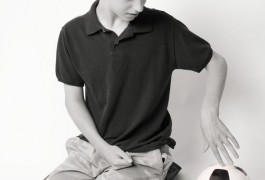
A mysterious cluster of sudden deaths among young people who had a genetic syndrome is drawing attention to the high rate of unexplained deaths in individuals with autism and epilepsy.
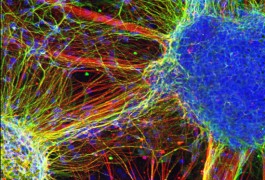
Researchers have taken skin cells from individuals with schizophrenia, bathed them in chemical cocktails and coaxed them to develop into neurons, according to a paper published 13 April in Nature.
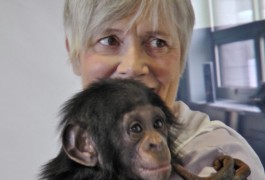
Similarities between us and our closest ape relatives — chimpanzees and bonobos — have shaped our understanding of what it means to be human. The latest surprise is Teco, a young bonobo who shows behaviors that look suspiciously similar to those associated with autism.
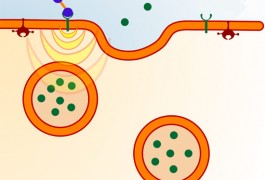
Exosomes, the brain’s system for delivering and recycling molecules, can be manipulated to carry therapeutic fragments of RNA or DNA across the blood-brain barrier and into neurons. The ingenious new technique was published 20 March in Nature Biotechnology.

Autism advocacy backed by science has fueled significant social change as an emphasis on the higher-functioning end of the spectrum lessens the stigma of the diagnosis.

Practical and ethical challenges in translational research could be better overcome if clinical researchers were to add genetic counselors to their teams, a new report argues.

Dogs, cats, horses, dolphins, gerbils — could animals be the key to helping people with autism?
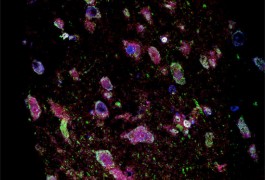
A gene that regulates the conversion of testosterone to estrogen in the brain could help explain why males are more susceptible to autism than are females, according to a study published in PLoS One in February.
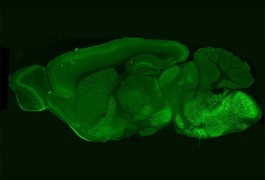
Neuroligin-4, a protein associated with autism, is located at synapses — the junctions between neurons — that inhibit signals in the brain, according to a study published in February in the Proceedings of the National Academy of Sciences. The protein can also single-handedly induce neurons derived from human stem cells to form synapses, according to another study in the same issue.
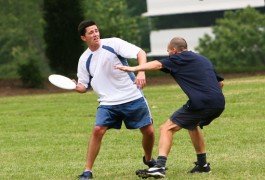
Adults with autism benefit in many ways from choosing their own activities: A new study says they get better at decision-making and their social skills improve.